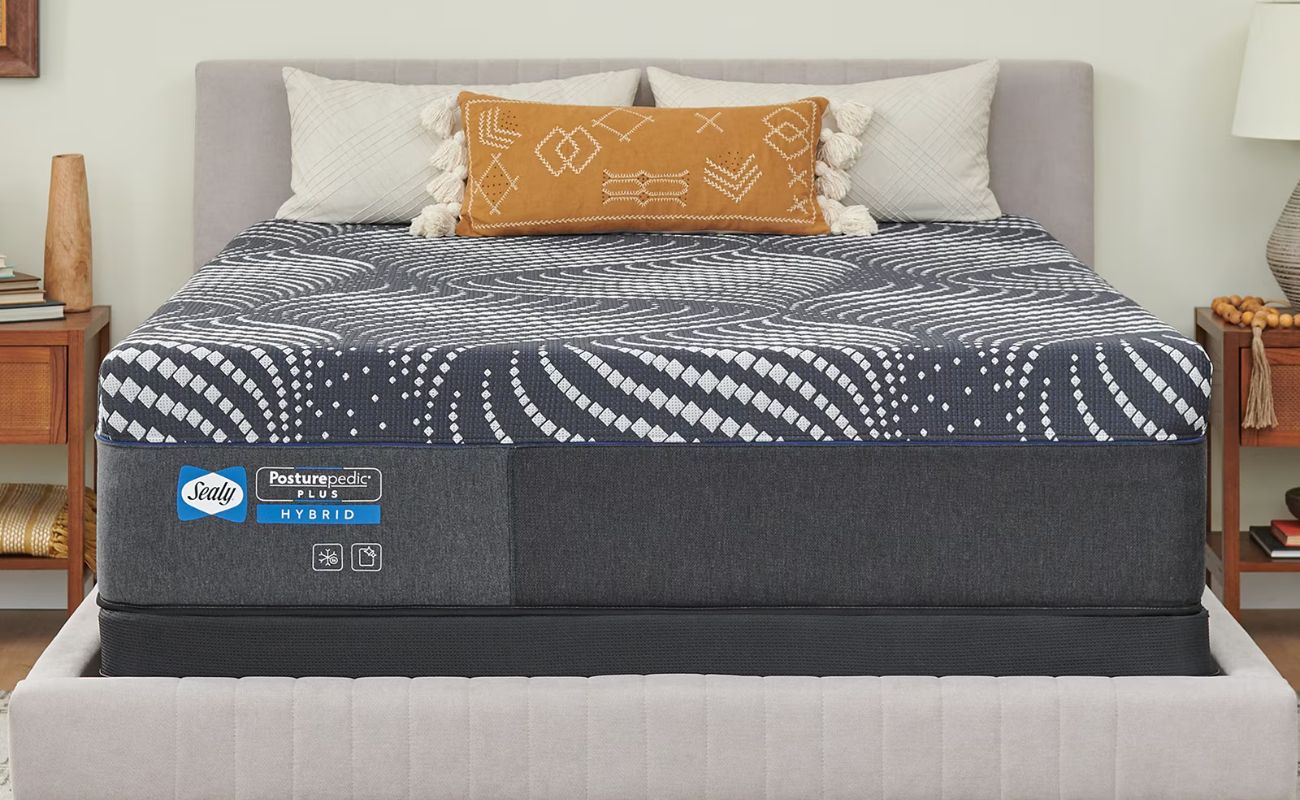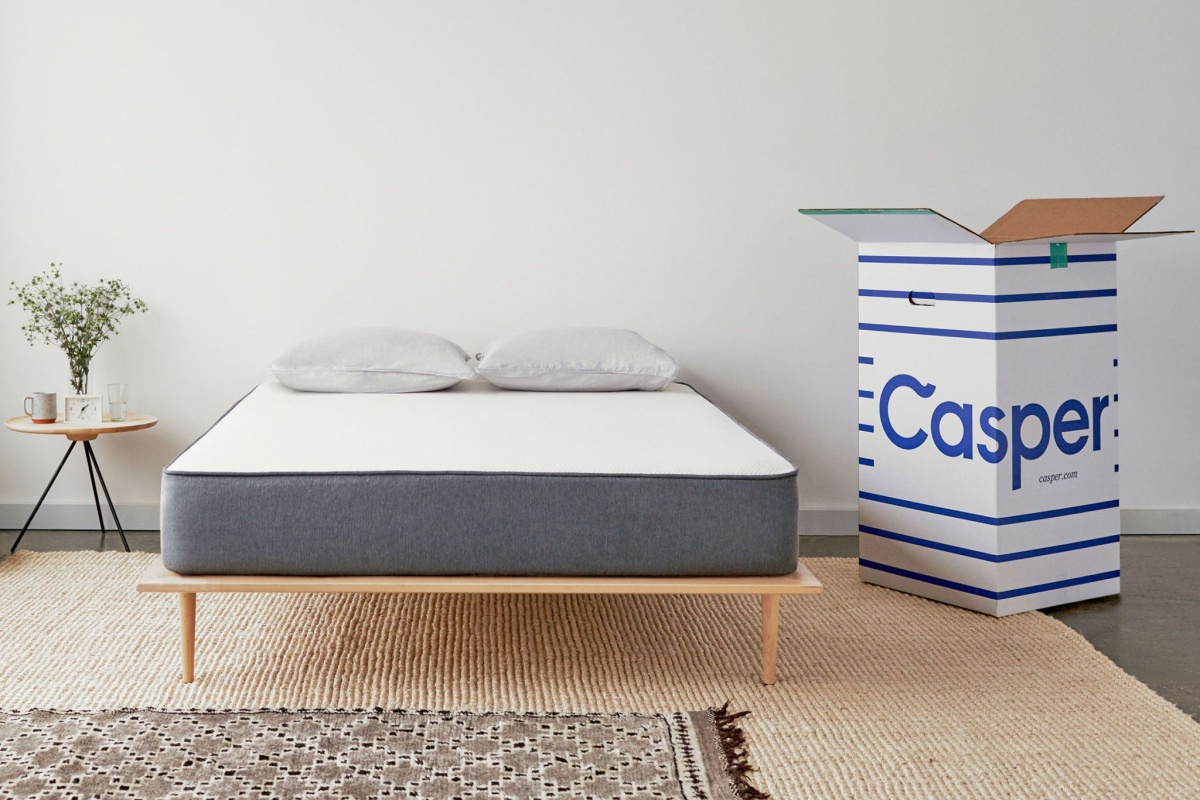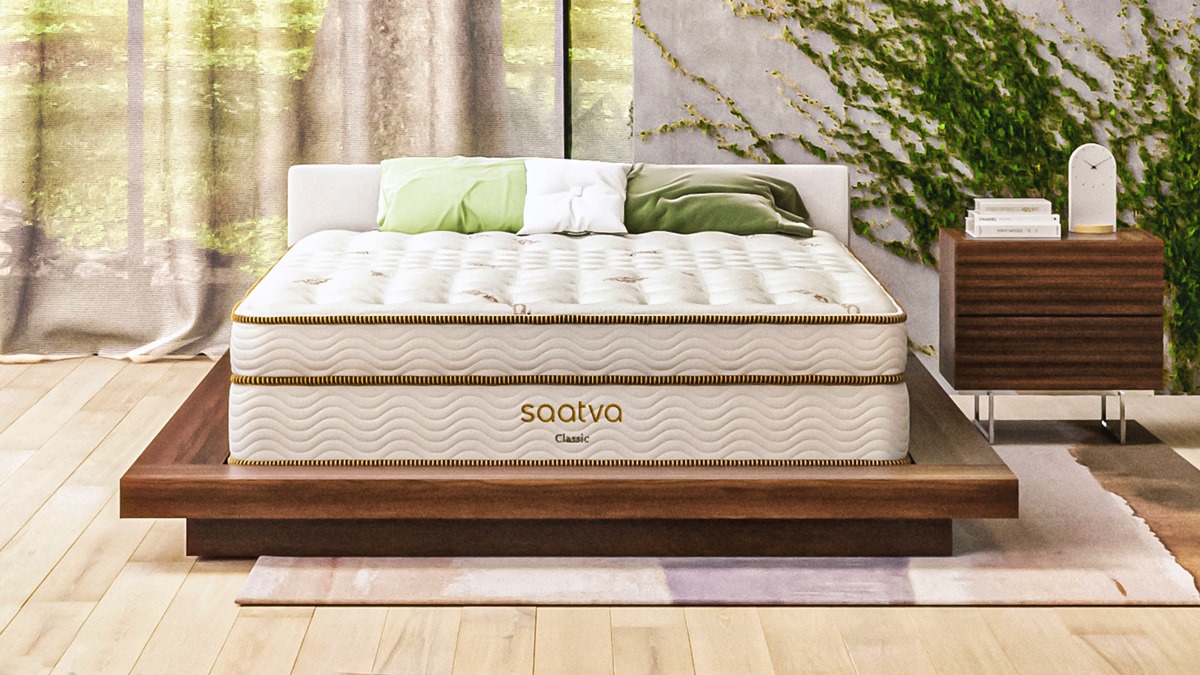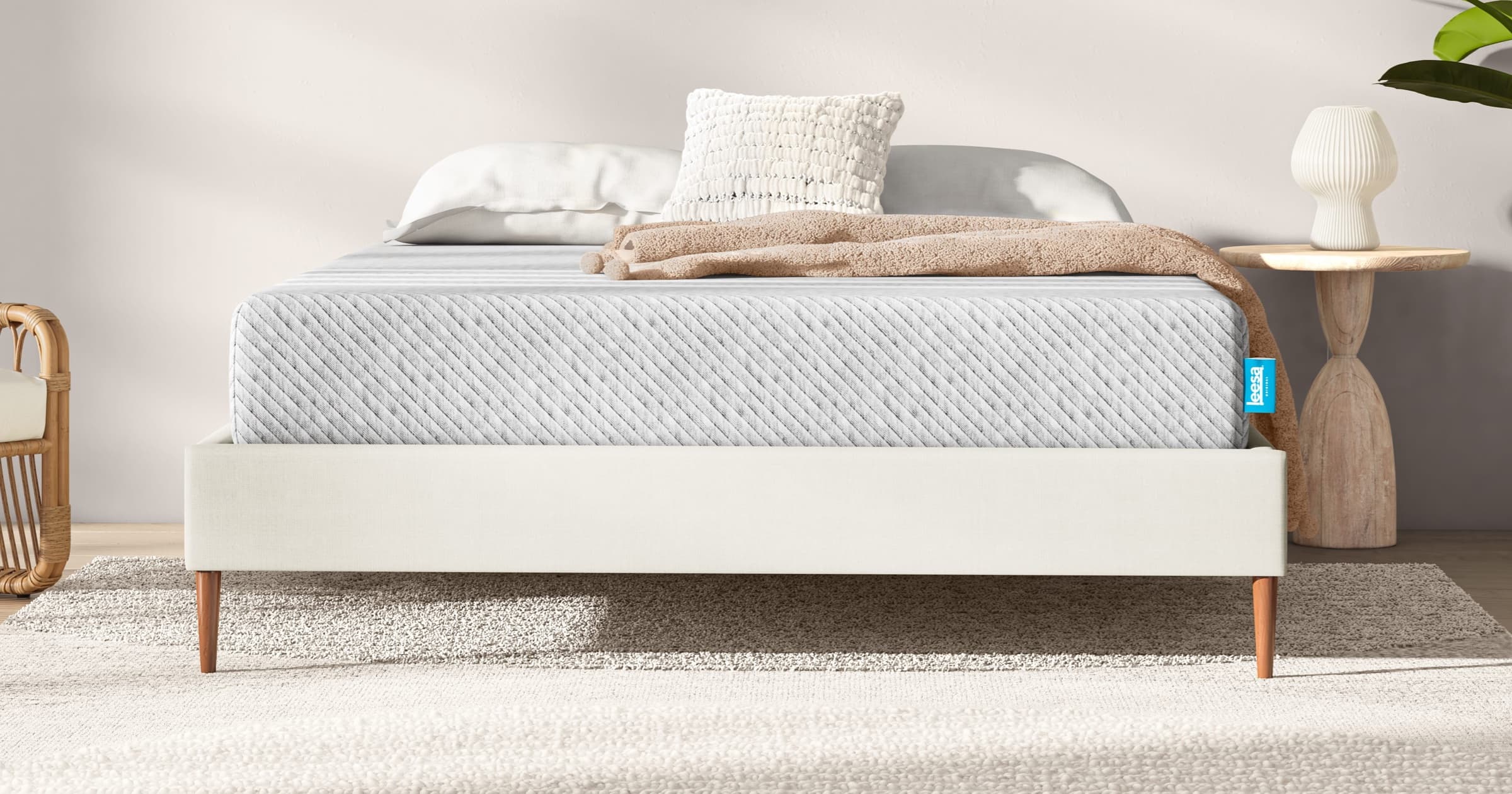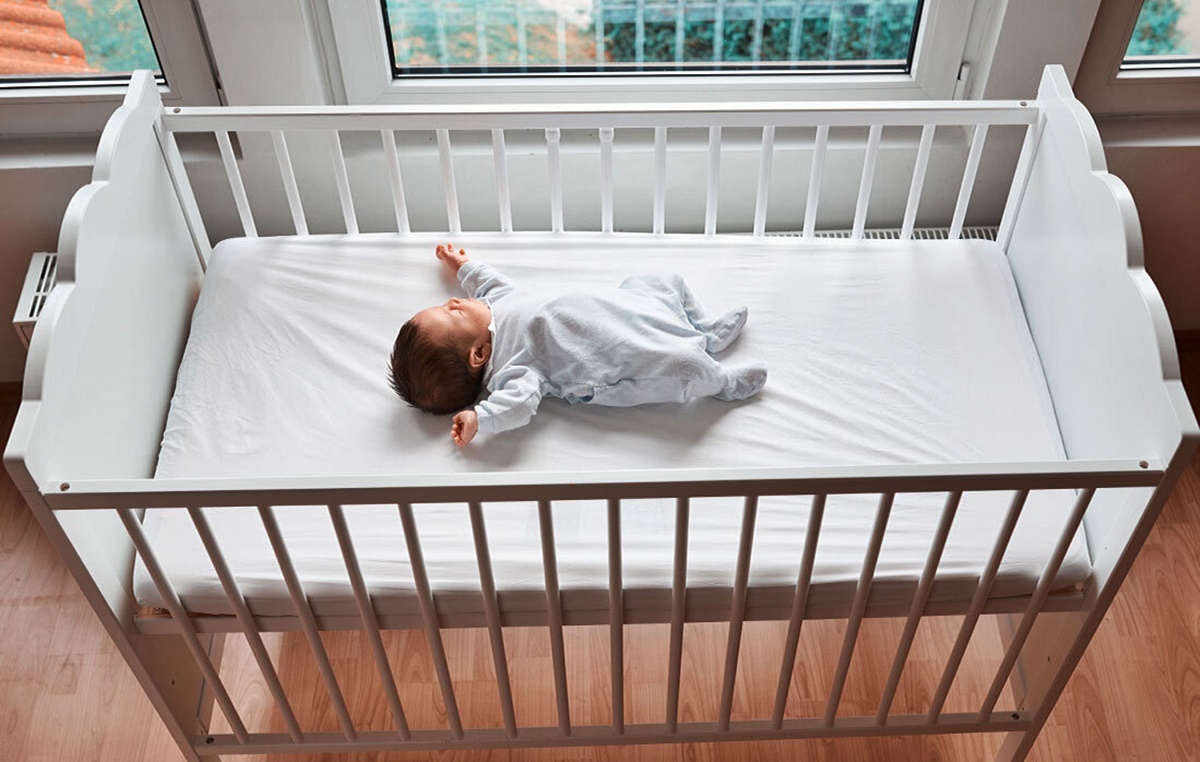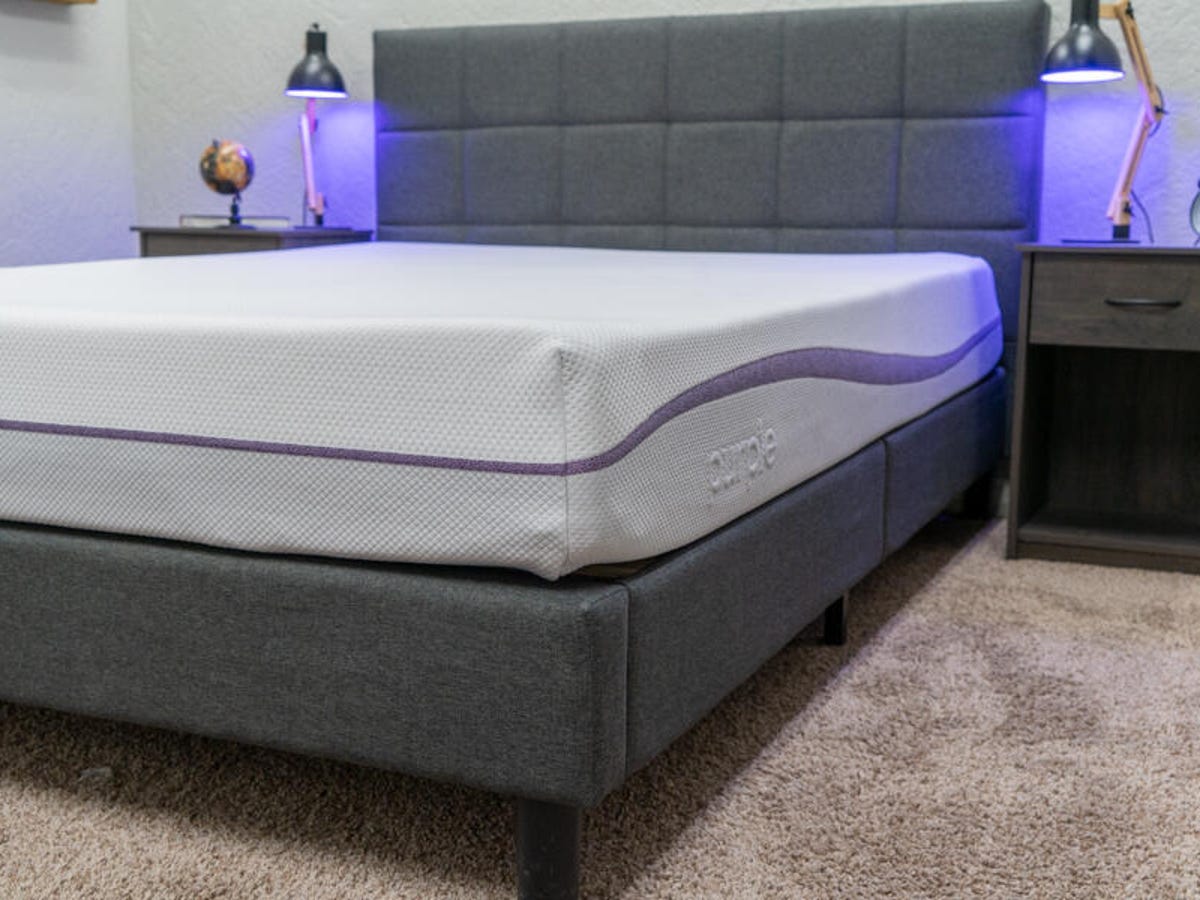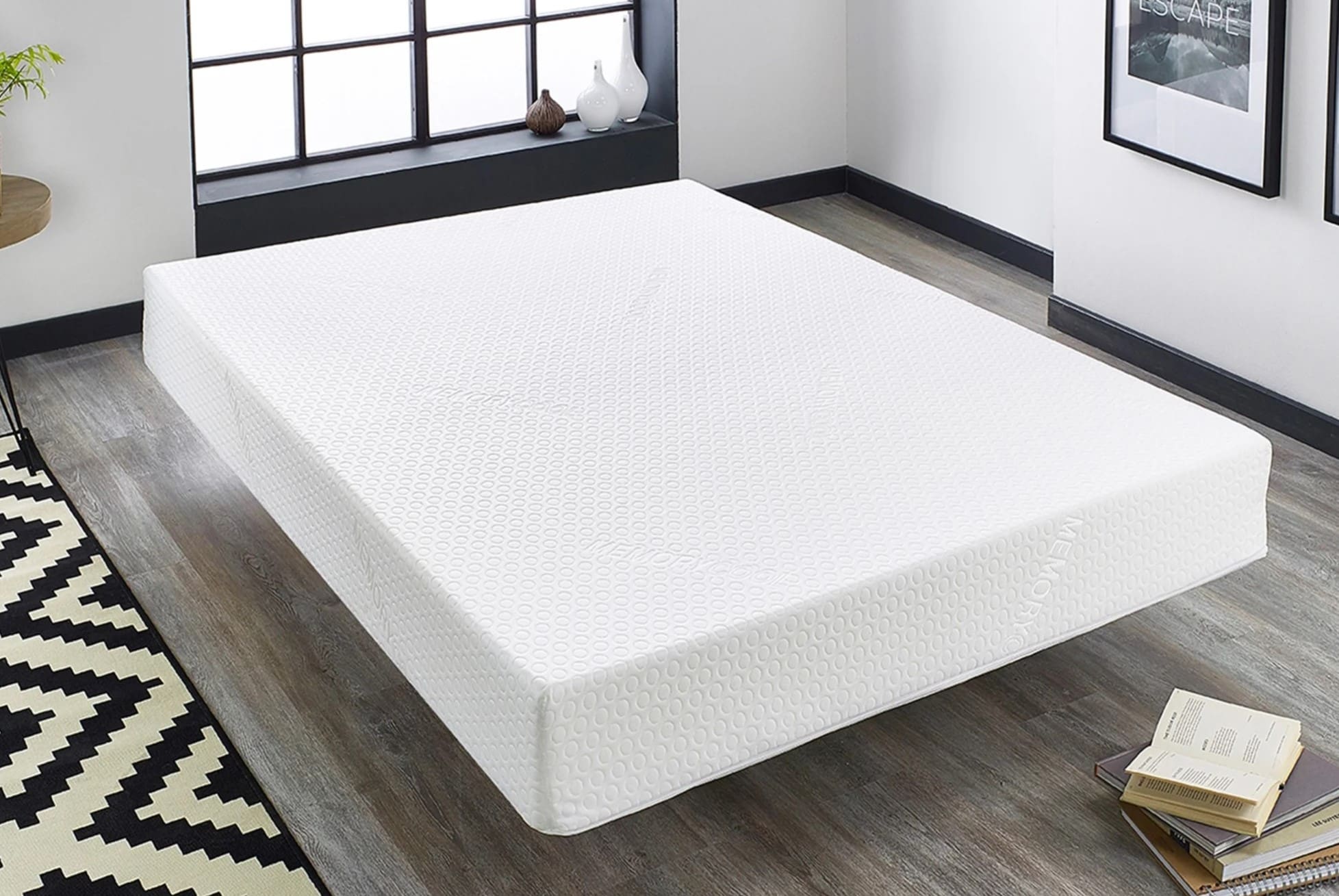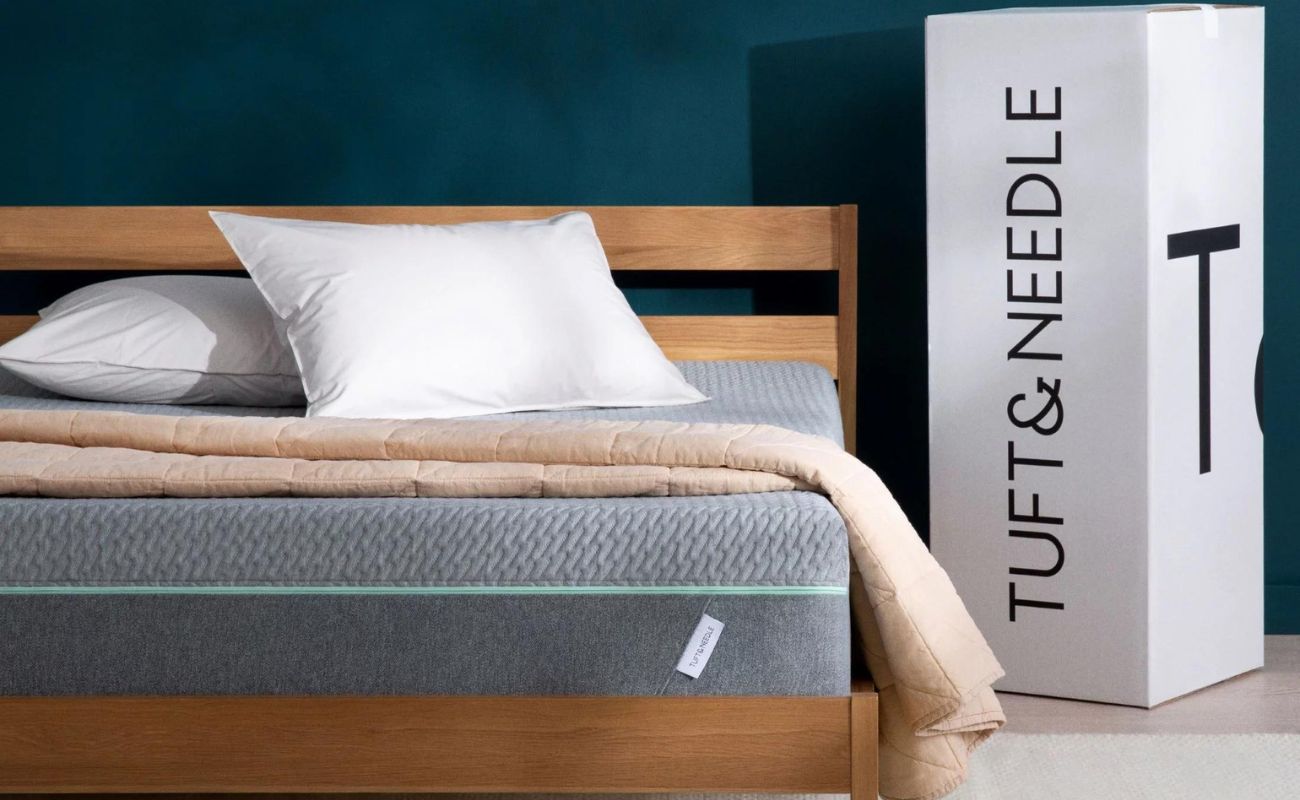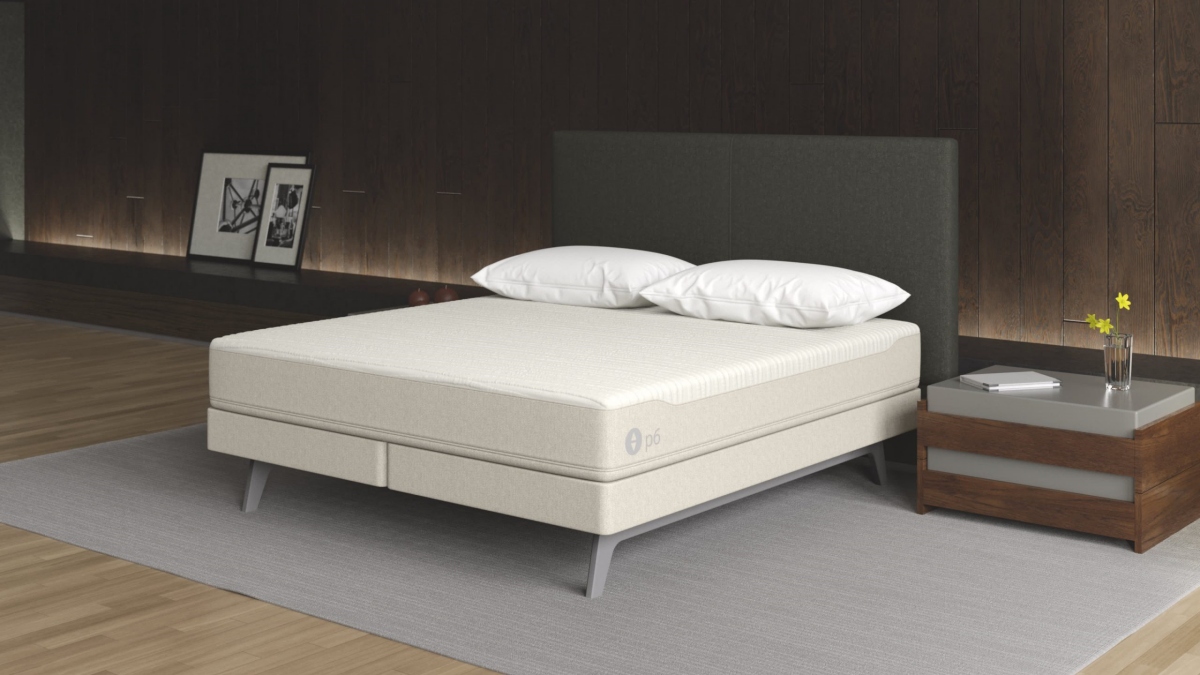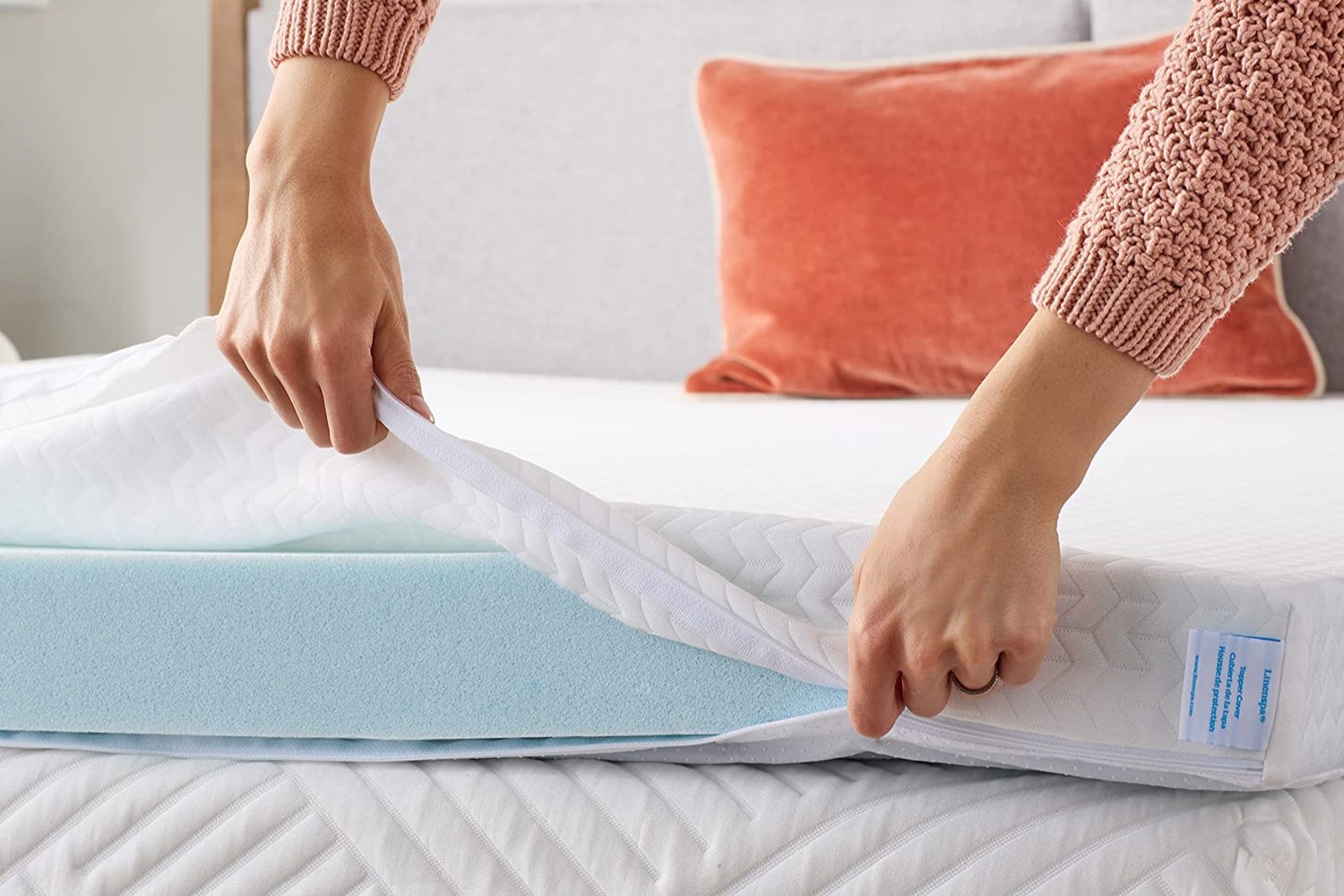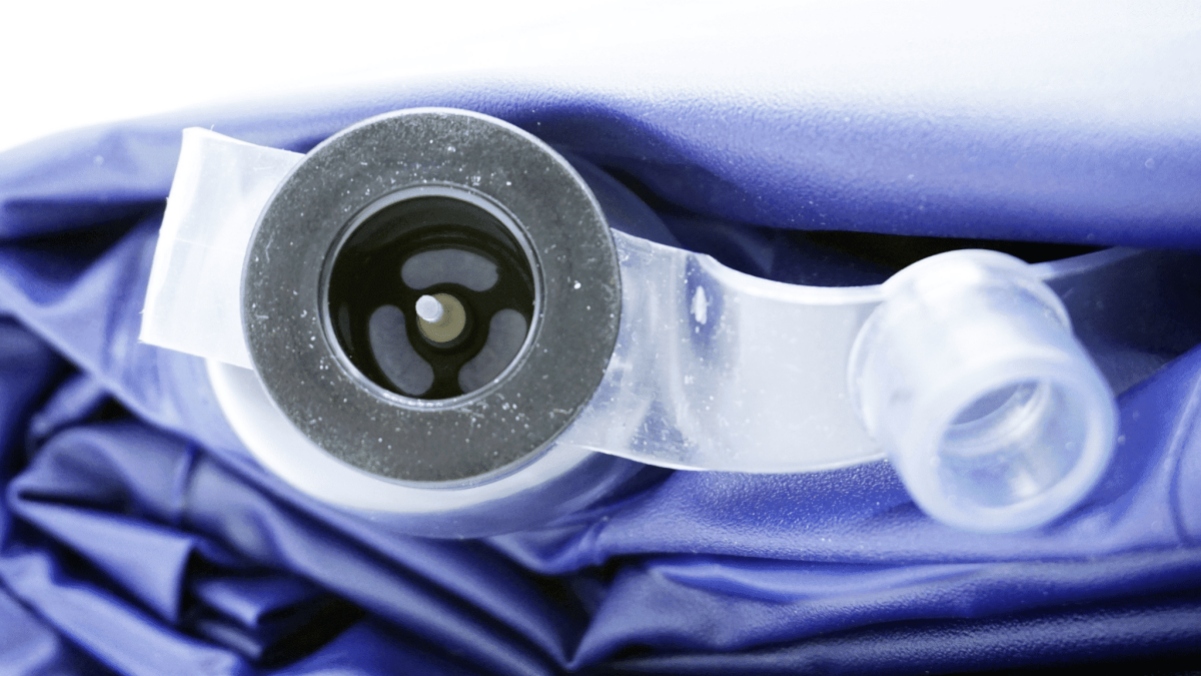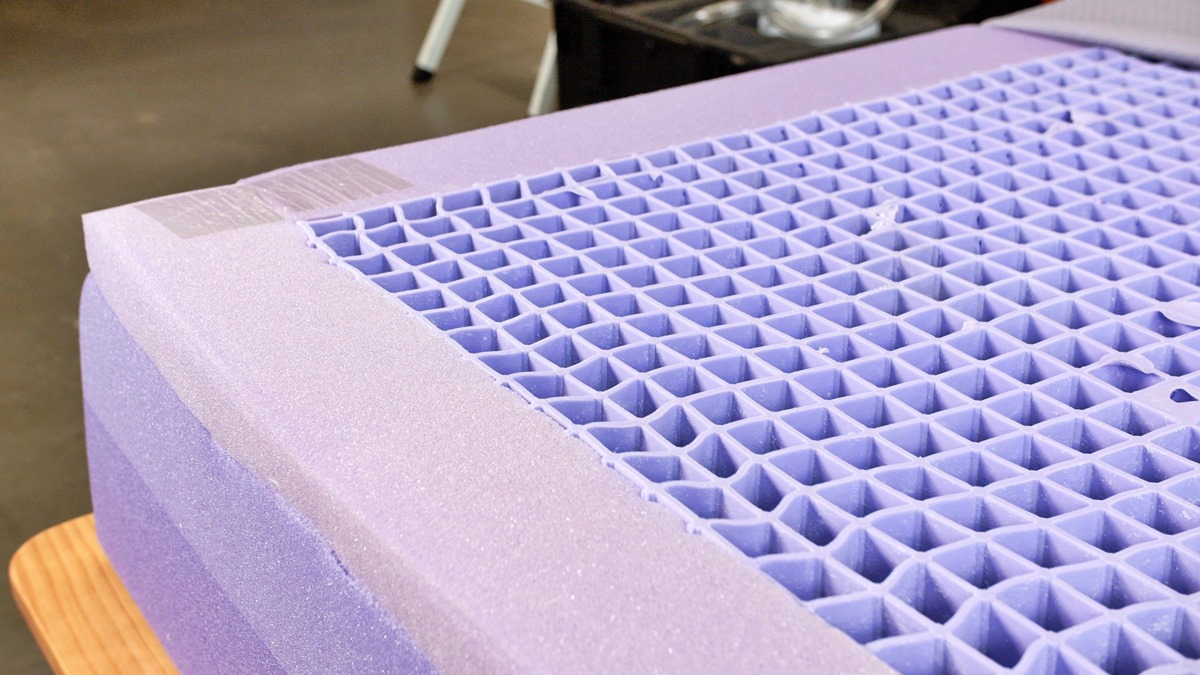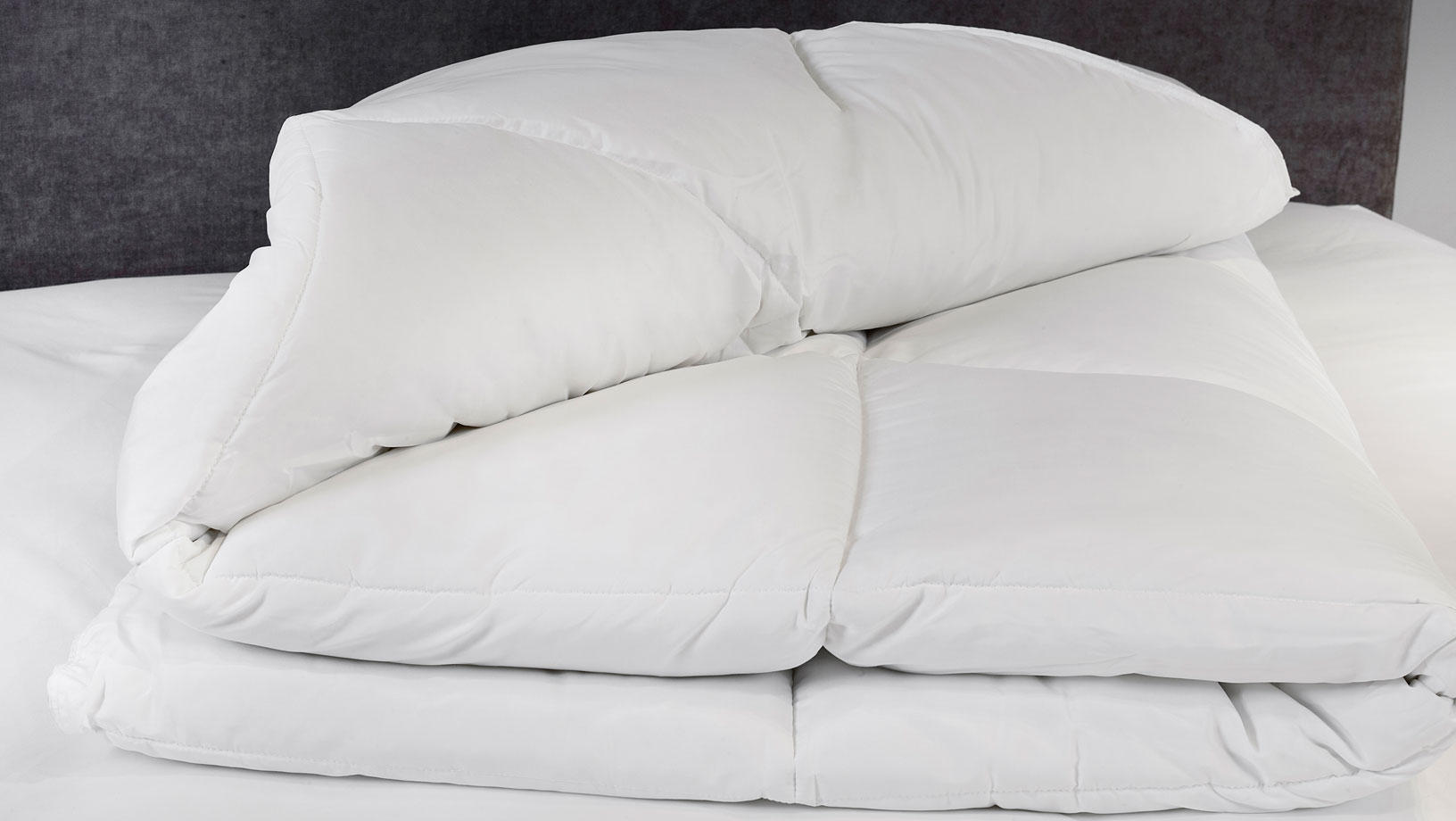Home>Furniture>Bedroom Furniture>How Long Does A Mattress Last?
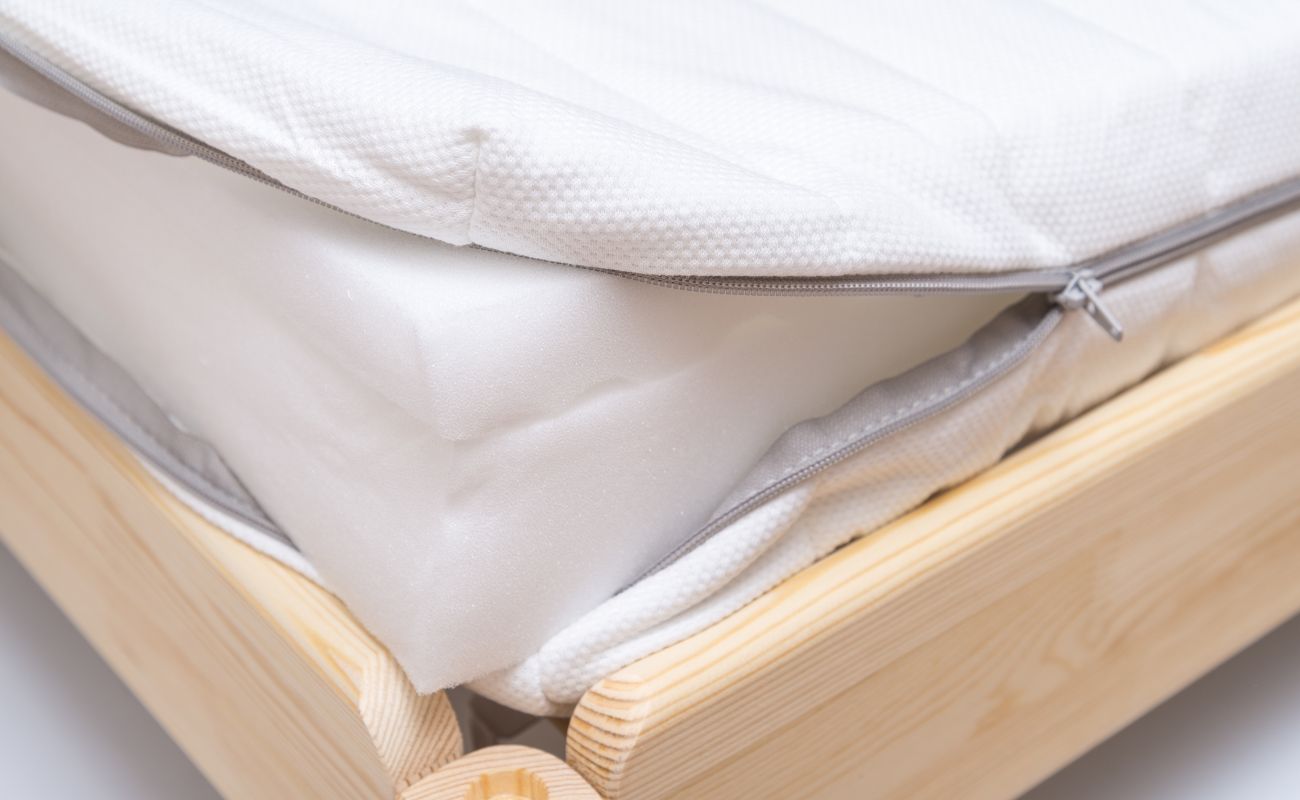

Bedroom Furniture
How Long Does A Mattress Last?
Modified: January 9, 2024
Discover the lifespan of a mattress and when it's time to replace it. Explore our guides on bedroom furniture and find the perfect match for your sleep needs.
(Many of the links in this article redirect to a specific reviewed product. Your purchase of these products through affiliate links helps to generate commission for Storables.com, at no extra cost. Learn more)
Introduction
When it comes to getting a good night’s sleep, the quality of your mattress plays a vital role. A comfortable and supportive mattress can make all the difference in ensuring you wake up refreshed and rejuvenated. However, mattresses are not built to last forever, and over time, they can start to deteriorate and lose their effectiveness.
So, how long does a mattress last? The answer to this question can vary depending on several factors. In this article, we will explore the average lifespan of different mattress types and discuss the signs that indicate it’s time to replace your mattress. We will also provide valuable tips on how to extend the lifespan of your mattress, allowing you to enjoy years of restful sleep.
Before we dive into the details, it’s important to understand the factors that can influence the longevity of your mattress. The lifespan of a mattress can be affected by various elements, including the quality of materials used, the manufacturing process, the frequency of use, and the level of care and maintenance it receives.
Now let’s take a closer look at the different mattress types and their respective lifespans.
Key Takeaways:
- Mattress longevity is influenced by factors like material quality, usage frequency, and maintenance. Understanding these elements can help you make informed decisions and maximize your mattress’s lifespan.
- Different mattress types have varying lifespans, with innerspring and memory foam lasting around 7-12 years. Recognizing signs of wear and following maintenance tips can extend your mattress’s comfort and support.
Read more: How Long Does A Mattress Last
Factors Affecting Mattress Longevity
Several factors play a crucial role in determining how long a mattress will last. Understanding these factors can help you make informed decisions when purchasing a new mattress and maximize its lifespan. Here are the key elements that can affect the longevity of your mattress:
- Quality of Materials: The quality of the materials used to construct a mattress has a significant impact on its durability. High-quality materials, such as natural latex, memory foam, and pocketed coils, tend to be more resilient and long-lasting compared to cheaper alternatives.
- Manufacturing Process: A well-made mattress that undergoes a rigorous manufacturing process is likely to have better longevity. Look for mattresses that are crafted with attention to detail and use advanced techniques to ensure durability.
- Frequency of Use: The more often you use your mattress, the quicker it will wear out. Mattresses that are used regularly or act as the primary bed for daily sleep may experience more wear and tear over time.
- Weight and Body Type: Your body weight and type can affect how long a mattress lasts. Heavier individuals may exert more pressure on the mattress, causing it to wear out sooner. Additionally, people with different body types may require specific types of mattresses to maintain proper support and prevent premature sagging.
- Spills and Accidents: Accidental spills, stains, and accidents can reduce the lifespan of a mattress. It’s crucial to clean up any spills promptly and use a mattress protector to prevent liquid damage, stains, and the growth of mold or mildew.
- Maintenance and Care: Proper maintenance and care can significantly extend the lifespan of your mattress. Regularly rotating and flipping the mattress (if applicable), vacuuming it to remove dust and allergens, and following the manufacturer’s care instructions can help ensure its longevity.
By considering these factors when purchasing a mattress and implementing proper care practices, you can help prolong the lifespan of your mattress and enjoy its comfort and support for years to come.
Mattress Types and Lifespan
Not all mattresses are created equal, and the type of mattress you choose can greatly impact its lifespan. Different mattress materials and constructions have varying levels of durability and longevity. Here are some common mattress types and their typical lifespans:
- Innerspring Mattresses: Innerspring mattresses are constructed with a support core of metal springs surrounded by layers of foam or padding. On average, innerspring mattresses tend to last around 7 to 10 years. However, the lifespan can vary depending on the coil gauge, coil count, and the quality of the padding materials.
- Memory Foam Mattresses: Memory foam mattresses are made from viscoelastic foam that conforms to the shape of your body. These mattresses are known for their pressure-relieving properties and can last between 8 to 12 years. The density and quality of the memory foam can affect the lifespan, with higher-density foams typically lasting longer.
- Latex Mattresses: Latex mattresses are constructed from natural or synthetic latex foam. They are known for their durability, breathability, and responsiveness. High-quality latex mattresses can last between 10 to 15 years or even longer, making them a long-lasting investment for your sleep comfort.
- Hybrid Mattresses: Hybrid mattresses combine innerspring coils with layers of memory foam, latex, or other materials. The lifespan of a hybrid mattress can range from 8 to 12 years, depending on the quality of the materials used in its construction.
- Pillow Top Mattresses: Pillow top mattresses feature an additional layer of cushioning on top of the mattress surface. While they offer added comfort, pillow top mattresses tend to have a shorter lifespan compared to other types, typically lasting between 6 to 8 years.
It’s important to note that these lifespans are approximate averages, and individual factors such as use, care, and quality of the mattress can influence how long it will last. Additionally, different manufacturers may provide different warranty periods, which can give you an idea of the expected lifespan of their mattresses.
Remember, these lifespans are guidelines, and it’s crucial to pay attention to the signs that indicate a mattress is no longer providing proper support and comfort.
A mattress typically lasts 7-10 years, but this can vary based on quality, usage, and care. Rotate your mattress regularly to help extend its lifespan.
Signs it’s Time to Replace Your Mattress
Knowing when to replace your mattress is essential for ensuring you continue to enjoy a comfortable and supportive sleep surface. Here are some signs that indicate it’s time to replace your mattress:
- Sagging or Indentations: If your mattress has visible sagging or noticeable indentations where you sleep, it may no longer be providing adequate support. These signs can indicate that the internal structure of the mattress is compromised, leading to an uncomfortable sleeping surface.
- Worn Out or Lumpy Areas: Over time, mattresses can develop worn-out areas or lumps, especially in high-pressure zones such as the hips or shoulders. If you find yourself constantly readjusting or feeling lumps under your body, it’s a clear sign that your mattress is no longer in optimal condition.
- Increase in Allergies or Discomfort: An old mattress can accumulate dust mites, allergens, and even mold or mildew. If you notice an increase in allergies, respiratory issues, or unexplained discomfort during sleep, it could be due to the presence of these irritants in your mattress, indicating the need for a replacement.
- Waking up with Aches and Pains: If you consistently wake up with stiffness, aches, or soreness in your joints, it may be a sign that your mattress is no longer providing proper support. An unsupportive mattress can lead to poor sleep posture and alignment, resulting in muscle tension and discomfort.
- Noise or Squeaks: Excessive noise or squeaking from your mattress when you move can be a sign of worn-out springs or a compromised support system. Not only is the noise disruptive to sleep, but it also indicates that the structural integrity of the mattress is compromised.
- Mattress Age: While this may not be an exact determinant, the age of your mattress can provide a guideline for when it’s time to consider a replacement. As a general rule of thumb, if your mattress is over 8 years old and showing signs of wear, it’s worth considering investing in a new one for better sleep quality.
Remember, these signs may vary depending on the specific mattress type and individual factors. It’s important to assess your mattress regularly and trust your own comfort and sleep quality. If you notice any of these signs, it’s likely time to start exploring new mattress options.
Tips for Extending the Lifespan of Your Mattress
While mattresses have a natural lifespan, there are steps you can take to maximize their longevity and ensure they provide you with optimal comfort and support for as long as possible. Here are some tips to help extend the lifespan of your mattress:
- Use a Mattress Protector: A mattress protector acts as a barrier between your body and the mattress, shielding it from spills, stains, dust, and allergens. Investing in a high-quality mattress protector can help prolong the lifespan of your mattress by keeping it clean and free from damage.
- Rotate and Flip (if applicable): Some mattresses can be rotated or flipped periodically to distribute the wear more evenly. This can help prevent sagging and prolong the mattress’s lifespan. Refer to the manufacturer’s guidelines to determine if this is suitable for your specific mattress type.
- Maintain Proper Support: Ensure that your mattress is adequately supported by a sturdy bed frame or foundation. Insufficient support can cause the mattress to sag or become misshapen, leading to a reduction in its lifespan.
- Keep Your Bed Clean: Regularly vacuum your mattress to remove dust, allergens, and debris that can accumulate over time. Use a soft brush attachment to gently clean the surface and sides of the mattress. Additionally, allow your mattress to air out occasionally by removing the sheets and bedding.
- Follow Manufacturer’s Care Instructions: Different mattress materials have specific care instructions. Familiarize yourself with the manufacturer’s recommendations and follow them diligently. This may include avoiding excessive moisture, heat, or using harsh cleaning agents that could damage the materials.
- Avoid Jumping on the Bed: Excessive jumping or putting strain on the mattress can cause it to wear out more quickly. Remind children and adults alike to avoid using the mattress as a trampoline to preserve its integrity.
- Regularly Rotate Bedding: Switching out your sheets, blankets, and pillows regularly can help maintain a clean and hygienic sleep environment. It also prevents the accumulation of oils, sweat, and dead skin cells on the mattress surface, which can deteriorate the materials over time.
- Consider Mattress Maintenance: Some mattresses, such as those with removable covers, may allow for spot cleaning or washing. If applicable, make sure to clean and refresh the mattress cover according to the manufacturer’s instructions to keep it in optimal condition.
By implementing these tips, you can help extend the lifespan of your mattress and ensure that it continues to provide you with the comfort and support you need for a restful night’s sleep.
Read more: How Long Does A Foam Mattress Last
Conclusion
Your mattress directly affects the quality of your sleep, and understanding its lifespan is crucial for maintaining optimal comfort and support. While the average lifespan of a mattress can vary depending on factors such as materials, construction, and usage, it’s important to recognize the signs that indicate it’s time for a replacement.
Sagging, worn-out areas, discomfort, allergies, and waking up with aches and pains are all signals that your mattress may no longer be providing the support you need for a good night’s sleep. Additionally, following proper maintenance and care practices can significantly extend the life of your mattress.
Investing in a high-quality mattress protector, rotating and flipping the mattress if applicable, maintaining proper support, and following the manufacturer’s care instructions are all essential steps in preserving your mattress’s longevity. Regularly cleaning your mattress, avoiding jumping on the bed, and rotating bedding can also contribute to its durability.
By considering these factors and implementing these tips, you can ensure that your mattress lasts as long as possible, allowing you to enjoy its comfort and support for years to come. However, it’s important to note that everyone’s sleep needs and preferences are unique, and what works for one person may not work for another.
When it comes to replacing your mattress, trust your own comfort and listen to your body. If you’re experiencing discomfort or notice signs of wear and tear, it’s time to explore new mattress options that suit your sleep needs. Investing in a new, high-quality mattress will not only enhance your sleep quality but also contribute to your overall well-being.
Remember, a good mattress is a long-term investment in your sleep health. By choosing wisely, taking care of your mattress, and recognizing when it’s time to part ways, you can enjoy restful nights and rejuvenated mornings for many years to come.
Frequently Asked Questions about How Long Does A Mattress Last?
Was this page helpful?
At Storables.com, we guarantee accurate and reliable information. Our content, validated by Expert Board Contributors, is crafted following stringent Editorial Policies. We're committed to providing you with well-researched, expert-backed insights for all your informational needs.
